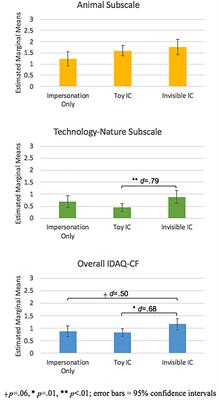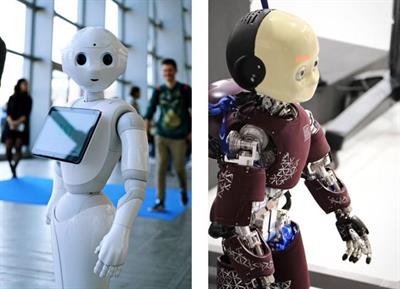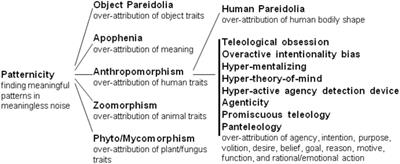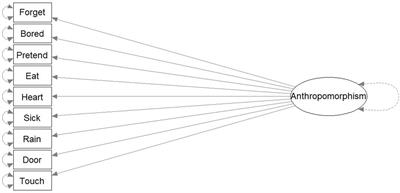EDITORIAL
Published on 02 Jul 2019
Editorial: The Cognitive Underpinnings of Anthropomorphism
doi 10.3389/fpsyg.2019.01539
- 4,846 views
- 6 citations
28k
Total downloads
281k
Total views and downloads
EDITORIAL
Published on 02 Jul 2019
CONCEPTUAL ANALYSIS
Published on 18 Dec 2018
CONCEPTUAL ANALYSIS
Published on 15 Nov 2018
ORIGINAL RESEARCH
Published on 13 Nov 2018

HYPOTHESIS AND THEORY
Published on 05 Nov 2018
ORIGINAL RESEARCH
Published on 02 Oct 2018

REVIEW
Published on 01 Oct 2018

ORIGINAL RESEARCH
Published on 10 Aug 2018

REVIEW
Published on 17 Apr 2018
CONCEPTUAL ANALYSIS
Published on 26 Mar 2018